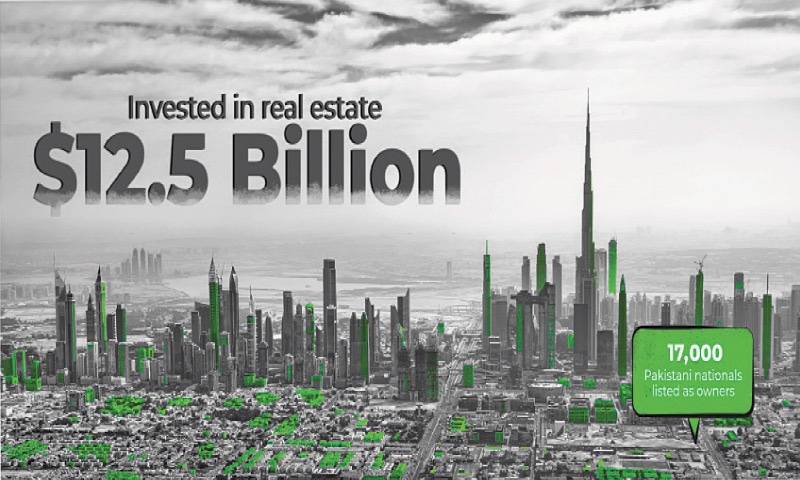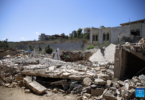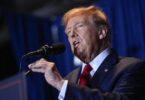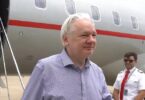Pakistan’s recent history is marred by volatility and missed opportunities for domestic investment. A poignant example is the revelation of Pakistani ownership of property worth an astonishing $11 billion in Dubai, as highlighted by the ‘Dubai Unlocked’ investigative journalism project. This revelation is not just about vast sums of money moving offshore; it’s a stark indicator of the lack of confidence in the stability of Pakistan’s own economic and political landscape.
The issue at hand is multi-dimensional, involving the flight of capital that, under different circumstances, could have been invested in the local economy to spur development, create jobs, and bolster the nation’s economic stature. Instead, what we witness is an unsettling scenario where significant Pakistani capital finds refuge in foreign lands like Dubai, which is perceived as a safer, more lucrative haven for investments.
This capital flight is symptomatic of deeper issues—primarily, the ongoing political instability, security concerns, and economic unpredictability that plague Pakistan. The recent legal debates, such as the controversy over the Federal Board of Revenue’s (FBR) authority to block SIM cards of tax defaulters, reflect the complex interplay of governance and rights that further complicates the business environment. Such measures, while aimed at enhancing tax compliance, also raise concerns about overreach and the impact on fundamental freedoms, potentially deterring investment.
Moreover, the security situation, as illustrated by the operation in Zhob District that resulted in the martyrdom of an army major, underscores the persistent threats that destabilize regions and discourage economic engagement. In Balochistan, for example, the ongoing conflict and resultant sacrifices by security forces highlight the region’s volatility that repels both local and international investors.
The economic repercussions of such instability are profound. Investments are deterred not just by the risk of financial loss but also by the unpredictability of the policy environment. The recent AJK protests and the government’s response with a substantial subsidy package following intense demonstrations against inflation are a testament to the reactive rather than proactive governance that typifies the state’s approach to crisis management.
In an alternative scenario where stability and robust governance prevail, the billions of dollars parked in Dubai could have been channeled into local enterprises, real estate, and development projects in Pakistan. Such investments would catalyze further economic activities, generate employment, and significantly enhance the government’s tax base, creating a virtuous cycle of growth and development.
The narrative of Pakistani elites, including political figures and businessmen, parking their wealth abroad is detrimental not only to the country’s economic health but also to its international image. It sends a signal that Pakistan’s own leaders have limited faith in their country’s stability and prospects, which in turn discourages foreign direct investment.
The solution lies in addressing the root causes of instability—be it political discord, economic mismanagement, or security challenges. Pakistan must strive for a stable and predictable political climate, bolster the rule of law, and ensure a business-friendly environment that respects property rights and contractual obligations. Transparency in governance, judicial reforms, and a consistent policy framework are essential to regain the confidence of potential investors.
In conclusion, while the allure of Dubai’s real estate may be undeniable, the potential for investment in Pakistan is vast and largely untapped due to the prevailing instability. The nation’s leadership needs to reflect on this scenario and pivot towards creating a conducive environment that reassures both local and expatriate Pakistanis that their homeland is indeed the best place for their investments. Only through such transformative changes can Pakistan hope to retain its capital and harness the potential to build a more prosperous future.







